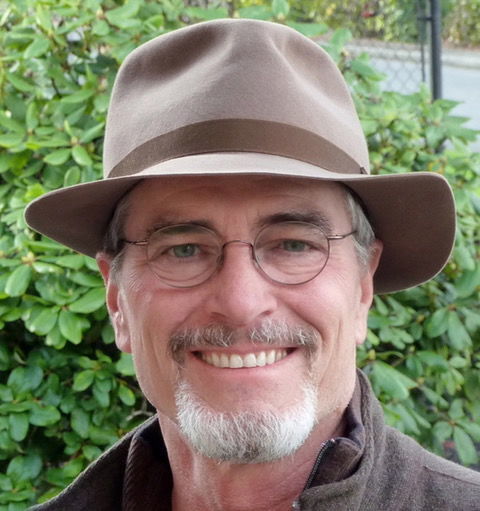This is the fourth of nine short historical reminiscences to mark the 30th anniversary of the Homer Foundation, Alaska’s first community foundation. This series was produced by The Foundation and written by former board member Tom Kizzia. It was first published in 2021.
Tom Bodett was a Homer builder with a deep smooth voice and a droll inclusive sense of humor. He did some commentaries for KBBI that propelled him, starting in 1984, to NPR’s All Things Considered and then to a lucrative national gig as spokesman for the Motel 6 chain. In 1991, with his national reputation as a writer, storyteller, and performer still growing, he was invited to lunch by Homer lawyer Steve Yoshida.
“When Steve Yoshida told me he was organizing a community foundation, I didn’t know what he was talking about. Thankfully, he did. He described it as an investment,” Bodett recalled recently. “I was kind of new to money at the time, and newer to investments, but this one made sense. Over the past 30 years it has paid me back a hundred fold as I’ve watched the good the HF has done and continues to do in my Alaska home.”
Bodett agreed to become a “founding donor” for the new community foundation. He signed the incorporating papers along with Yoshida and three redoubtable women of Homer’s pioneer generation. Years later he moved to rural Vermont, but maintained ties to Alaska and continues today supporting the Homer Foundation.
There were three original donors whose tax-deductible gifts of $25,000 each got Alaska’s first community foundation off the ground. The second was Yoshida, who was active in civic life, through the Rotary Club and other organizations, through his 23 years running a law practice in Homer. Yoshida, the foundation’s first president, set up his own “donor-advised” fund within the foundation, allowing him andhis wife, Noko, to help direct which causes received money.
“It is really like having your own foundation,” he said years later. Yoshida, a world traveler, wrote in a foundtion annual report one year that his travels in bleak parts of Russia and Central Europe after the breakup of Soviet Union underlined for him how important a non-profit sector is to making a vibrant community.
The third founding donor was a relatively new arrival to Kachemak Bay. Judy Howard and her husband had fallen in love with Homer during their travels and were longtime subscribers to the Homer News (and pen pals with former mayor Hazel Heath). In 1989, after her husband’s death, Howard left her lifelong home in the San Diego area and drove a U-Haul to Alaska, starting over at age 69. She bought a condo in town and plunged into volunteer work at the library and Pratt Museum.
Howard was recruited in 1991 to help start the foundation by Yoshida and by Ken Castner, who met her when he dropped by the senior center to play bridge with local elders. Soon after, she fell in love again, and married Hulkia Strydom, the father of Mel (present-day owner of the Grog Shop and a steady supporter of local nonprofits). Howard’s founding donation was given under her legal name, Julia Park Howard, though most of her subsequent gifts were made anonymously until her death in 2011. The foundation now had some money. How would it go about giving it away?

